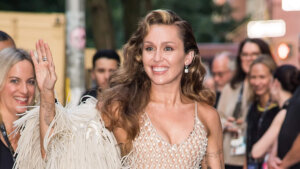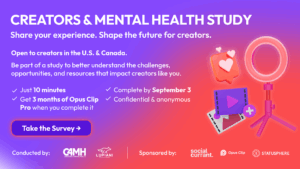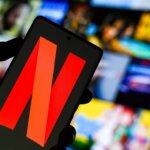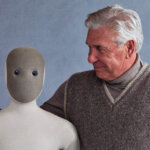Summary:
-
Mychal Threets, a librarian and internet personality, shares his mental health advocacy through upbeat videos and posts about belonging and honesty.
-
Threets rose from reshelving books to national advocacy, advocating for safer online spaces and breaking cultural barriers around mental health.
-
He prioritizes vulnerability and genuine connection, emphasizing the importance of honesty, community, and mental health support in his online presence.
“You belong.” For Mychal Threets , the phrase that became a rallying cry online isn’t just about libraries — it’s about survival. At a recent Creators 4 Mental Health pop-up event hosted at Collective Voice’s San Francisco HQ, the librarian and internet personality opened up about why he shares online, how he thinks about the “creator” label, and the emotional weight that comes with caring for an audience.
Threets is best known for upbeat, library-centered videos and plainspoken posts about mental health. He has also served as PBS’s resident librarian and earned recognition from TIME as both a Next Generation Leader and later on its TIME100 Creators list.
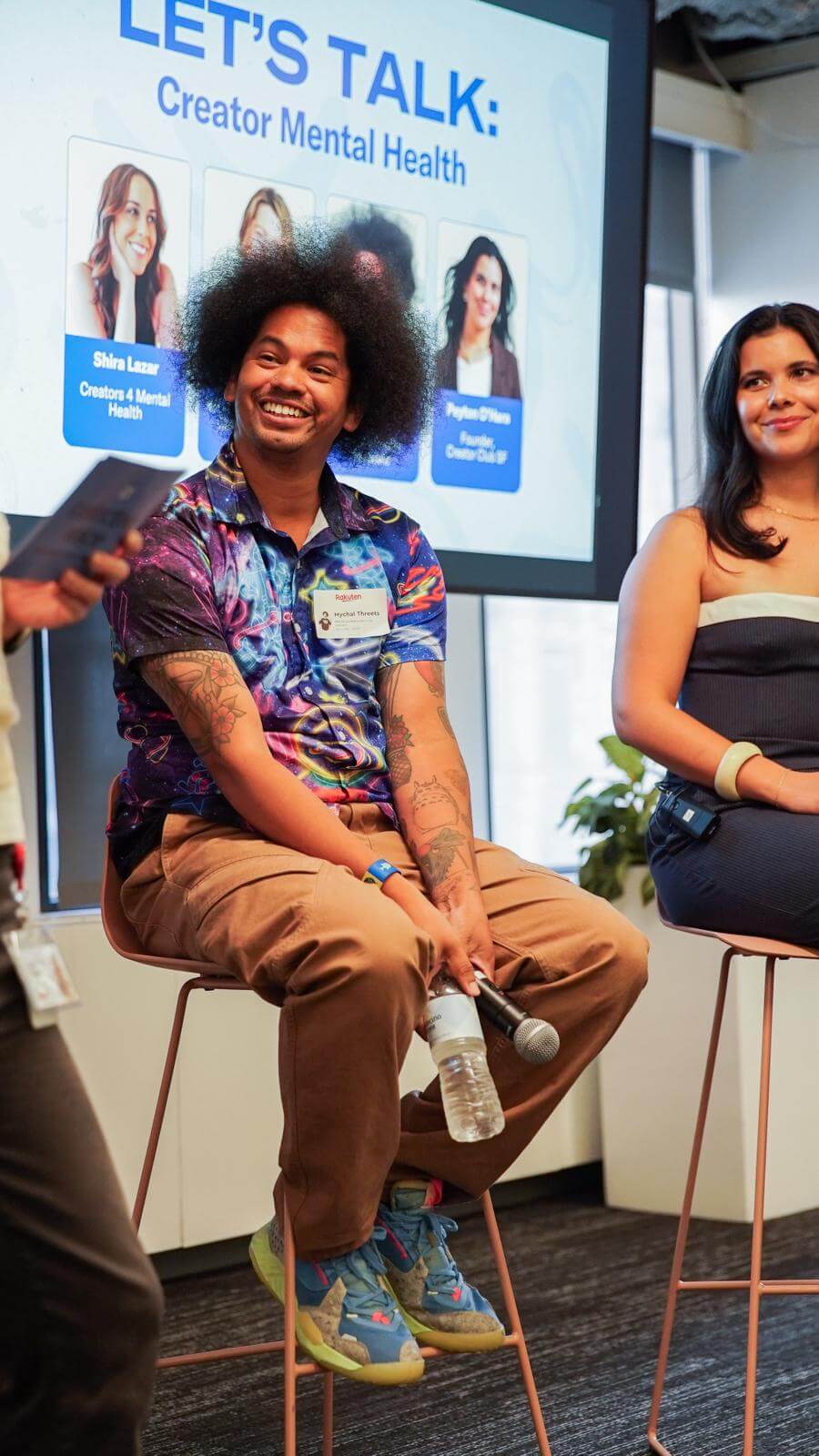
Threets built a following by demystifying public libraries and centering belonging, repeating refrains like “you belong” and “I’m so happy you’re here.” He rose from reshelving books to supervising librarian in Solano County before stepping back in 2024 to prioritize his mental health while continuing national advocacy and media work.
“I don’t associate with the term creator-influencer”
On stage, Threets admitted he feels conflicted about labels. The word “influencer,” he explained, never quite fit. “I don’t associate with the term creator-influencer, not because I’m holier than that or anything like that, but just because I have so much to learn from actual, actual influencers and creators.” Instead, he prefers to keep his content spontaneous and low-pressure. Threads, he said, has become his favorite outlet because it allows him to post quickly without overthinking. “If I can’t think of something to post, and post it within one minute of thinking of it… Then I don’t post it.”
Sharing Vulnerability, Shaping Community
That casual approach is paired with a deep honesty about his own struggles. Threets told the audience his advocacy is rooted in lived experience: “I’m a person who tried to take my own life, a little over a year ago, so I’m just like, you know what, I’m kind of on borrowed time. I’m just trying to change day by day, see how I can keep on living my best life.”
ADVERTISEMENT
The openness has made his inbox a lifeline for many. Young people often confide in him about serious mental health struggles, something he views as both a privilege and a responsibility. “We should be vulnerable, we should show people… we hope you stay one more day.” He added, “I’m kind of like the weird library ethernet of their mental health struggle, which is a lot.”
Breaking Family and Cultural Barriers
Threets also situated that work within his own background and family context: “I am black, Mexican, and white, black and Mexican, two cultures that do not do very well with mental health at all, very much the man-up culture. We don’t talk about that, we’re gonna push it down.” He noted he was “the first person in my family to ever go to therapy,” and, with characteristic levity, added: “I’m very much Team Live, Laugh, Lexapro, to the bitter end.”
What Platforms Could Do Better
When asked what platforms could do better, Threets argued for safer, more genuinely social spaces and stronger protections against harassment—especially for kids and teens who inevitably encounter creator content. He said creators and audiences should be able to meet, organize, and be heard, and that platforms should take bullying less as a cost of scale and more as a solvable product problem.
ADVERTISEMENT
From Local Librarian to National Advocate
Threets’ profile has grown alongside a broader wave of library and literacy advocacy—and during a period of heightened conversation about mental health online. As he shifts from local branch work to national outreach, his role blends librarian, educator, and creator, with a throughline of access and care.
PBS named him its “resident librarian,” and major outlets have highlighted his message that libraries are inclusive “third places” and that honest talk about anxiety, depression, and PTSD can save lives.



